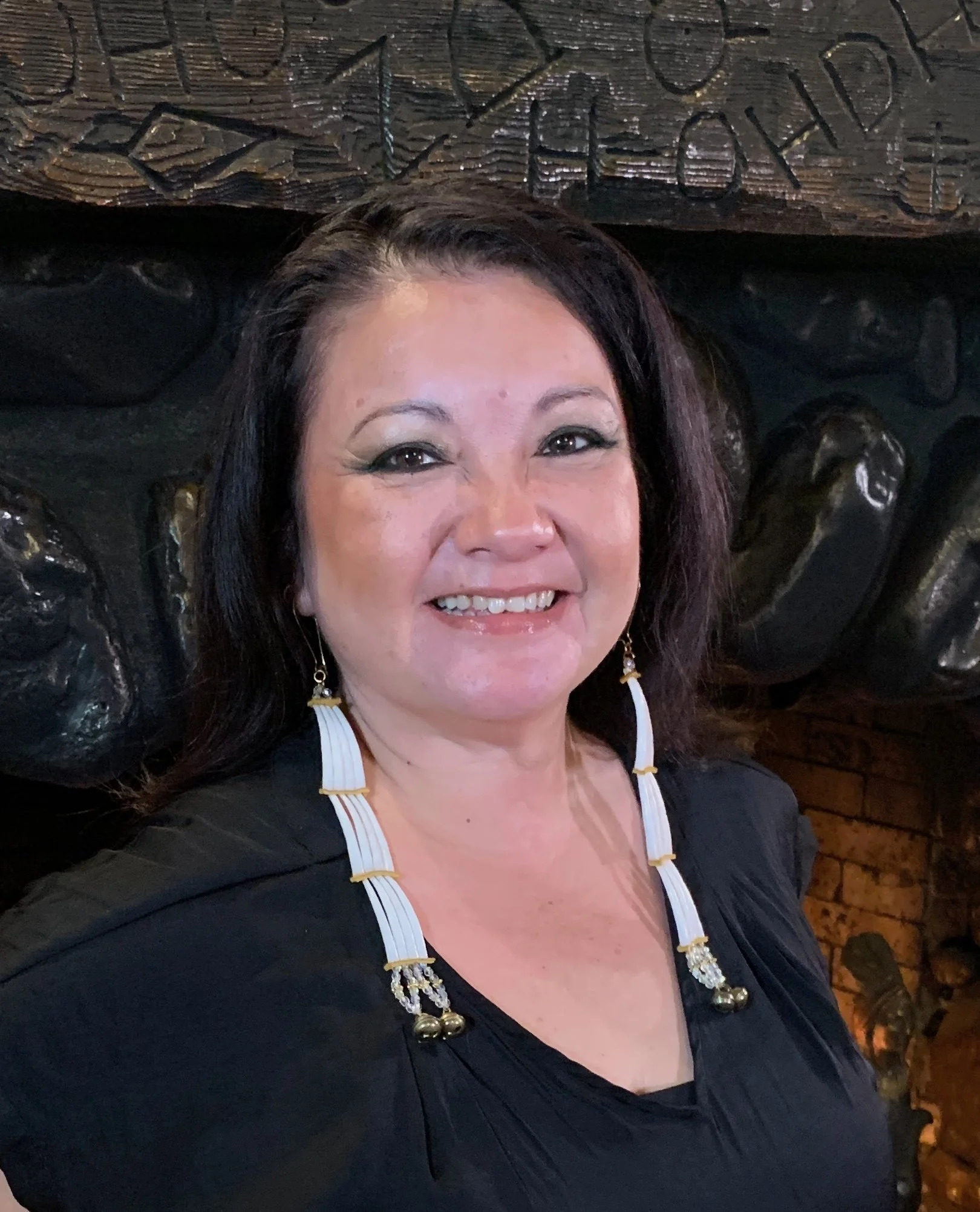Tanka Fund names Dawn Sherman executive director
Summary
Dawn Sherman has been appointed the new Executive Director of Tanka Fund after serving as interim director since March. She is a member of the Lakota, Shawnee, and Delaware tribes. As a founding board member of Tanka Fund and former CEO of Native American Natural Foods, she brings extensive experience to the role.
Key goals
Expansion of current goals: Ms. Sherman plans to expand Tanka Fund’s current goals by adding more Buffalo rancher partners, returning more Buffalo to Native lands, and increasing the ways the Fund supports ranchers’ needs for infrastructure and equipment..
Research and knowledge sharing: She is focused on Tanka Fund helping drive scientific research on the impact of Buffalo on the land and sharing this knowledge with rancher partners. This environmental monitoring can help ranchers restore Native grasslands and manage their herds sustainably.
Mentorship and education: She plans to establish mentorship programs for young Native ranchers and capture indigenous knowledge from experienced ranchers to preserve and share traditional land management practices.
Partnerships and collaboration: Ms. Sherman seeks to expand collaborations with organizations in the industry, aiming to model best practices for a regenerative ecosystem and create an education center for training in sustainable ranching.
SEE VIDEO AND READ FULL STORY BELOW:
Rapid City, SD – We are happy to announce that Dawn Sherman has been named the new Executive Director at Tanka Fund. Ms. Sherman has been serving as interim director since late March.
A founding board member at Tanka Fund since its launch in 2014, Ms. Sherman previously served as CEO of Native American Natural Foods, maker of the Tanka Bar, a Buffalo snack bar from Pine Ridge Reservation, S.D. She is a member of the Lakota, Shawnee, and Delaware tribes.
“We have big goals at Tanka Fund that I intend to expand in my role as executive director,” she said. “In addition to adding new ranchers and returning more Buffalo, we are also focused on the health of the animals and their impact on the land. We are helping drive the research on what Buffalo’s impact on the land and environment really looks like and working to bring that knowledge back to our rancher partners.”
In addition to helping ranchers restore native grasslands, Ms. Sherman said Tanka Fund wants to capture from the science side what all of the ranchers’ hard work in managing their herds and their land is accomplishing.
“In June, two of our team members were certified in rangeland and agricultural monitoring through SnapLands, which focuses on natural resource management, ranching business, and land restoration,” she said. “The data we are collecting on their land will be directly available to the ranchers to access and use. We’re also working on how we can advocate even more for our rancher partners through increasing the ways the Fund supports their needs for infrastructure and equipment.”
With a goal of recruiting at least three new rancher partners each year, Tanka Fund is also planning to grow its number of young rancher partners and provide opportunities for them.
“We want to establish mentorships for the younger ranchers and support their vision of what they want their ranches to be,” Ms. Sherman said. “For the experienced ranchers, we want to capture and share their indigenous knowledge. They’ve managed Buffalo for generations. They respect the animals and the land. Our ancestors managed herds with no fences, and our people have always managed animals to feed themselves.”
Ms. Sherman said partnerships and collaborations are key for Tanka Fund to fully achieve its mission to restore Buffalo to Native lands, lives, and economies.
“I plan to continue to expand our collaborations,” she said. “We want a lot more partnerships with organizations in the industry to add to the important work we’re already doing with South Dakota State University, the Nature Conservancy, the InterTribal Buffalo Council, and many more.”
Ms. Sherman said more partnerships are needed if Tanka Fund’s long-term goal of being land-based and having its own herd is to be realized.
“We want to model best practices for a thriving, regenerative ecosystem that benefits the Buffalo, the ranchers, and our communities,” Ms. Sherman said. “We want to create an education center to use for training in sustainable ranching practices, prioritizing animal health, preserving and restoring grasslands and prairies, and preserving traditional land and herd management practices for future generations.”
#TankaFund #BuffaloConservation #SupportNativeRanchers #WildlifePreservation #ProtectTheBuffalo #SustainableRanching #NativeAmericanHeritage #ConservationEfforts #WildlifeProtection #SupportIndigenousCommunities #BuffaloRestoration #DonateForACause #WildlifeSupport #CulturalPreservation #IndigenousLandManagement #HelpSaveTheBuffalo #BuffaloHeritage #SustainableAgriculture #LandsLivesEconomies #Donate #Buffalo #Bison #TheReturn #NativeAmerican #Indigenous #Resilience #Restoration #CommunityEmpowerment #Sustainability #SustainableRanching #BuffaloRanching #CulturalRevitalization #Biodiversity #TankaImpact #foodsovereignty

